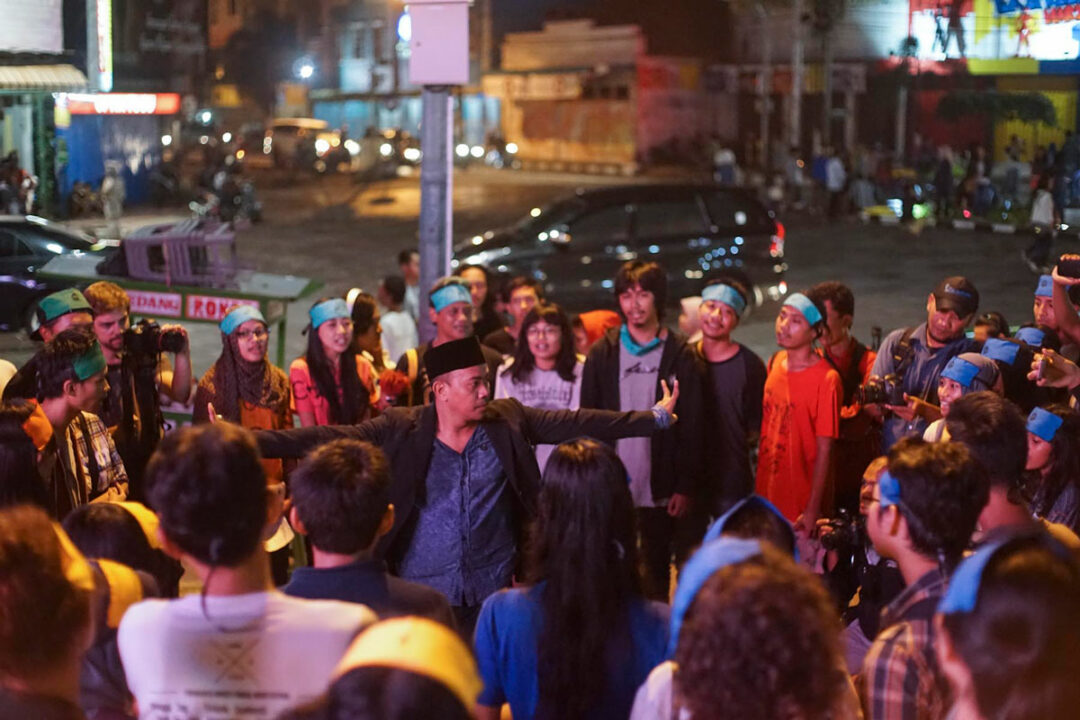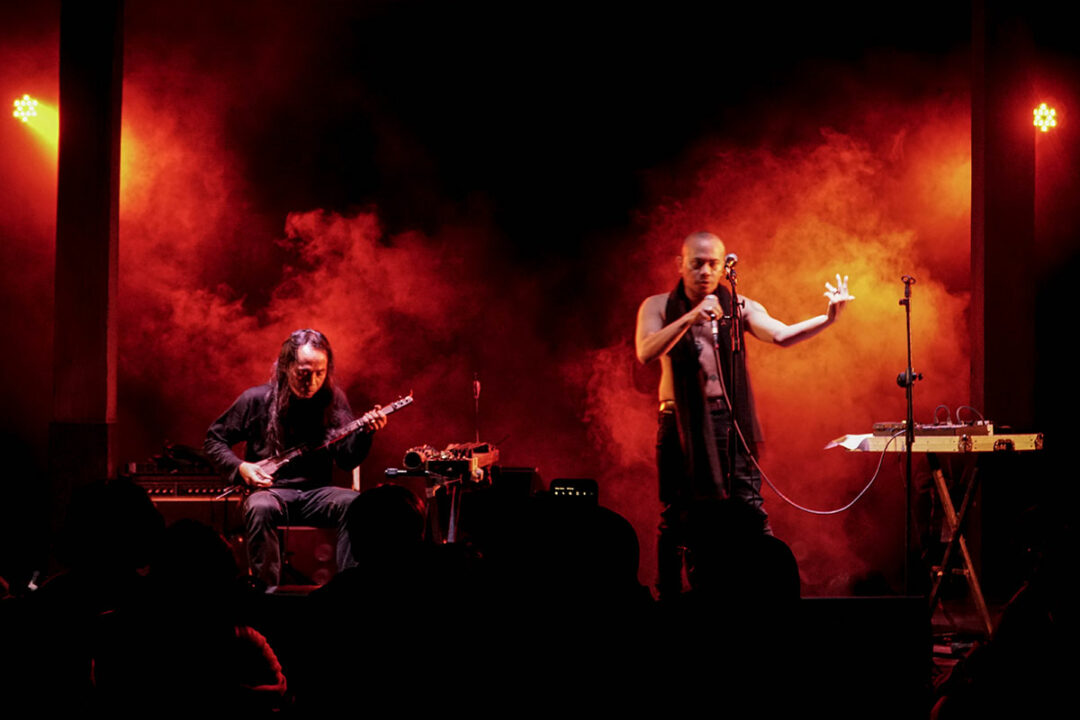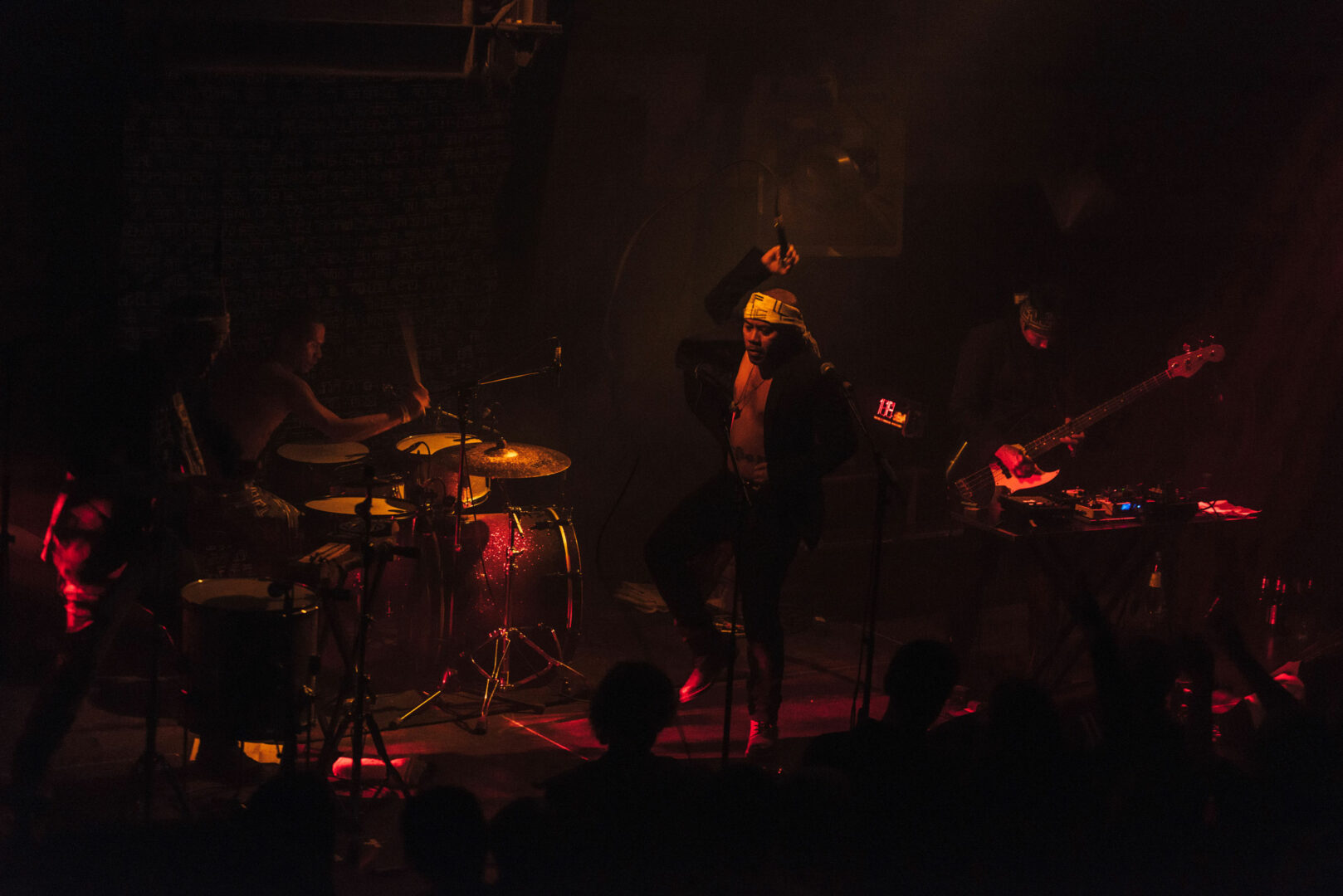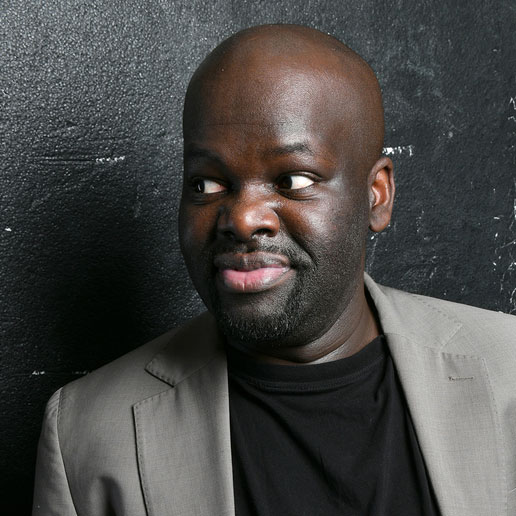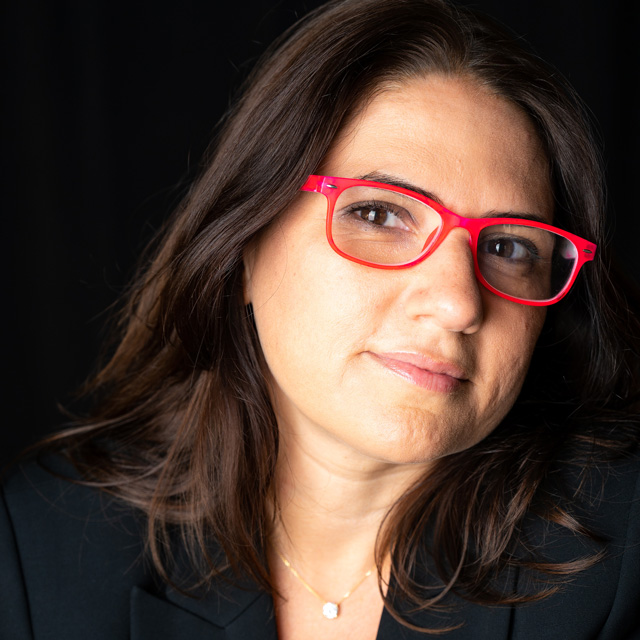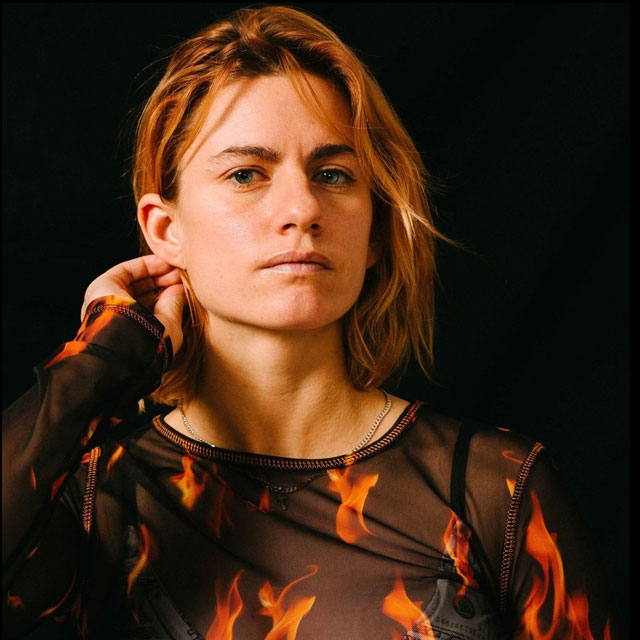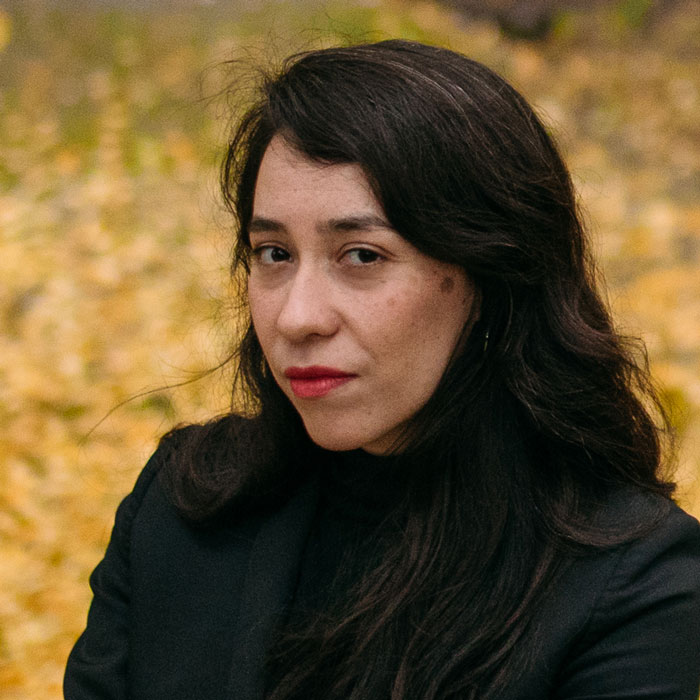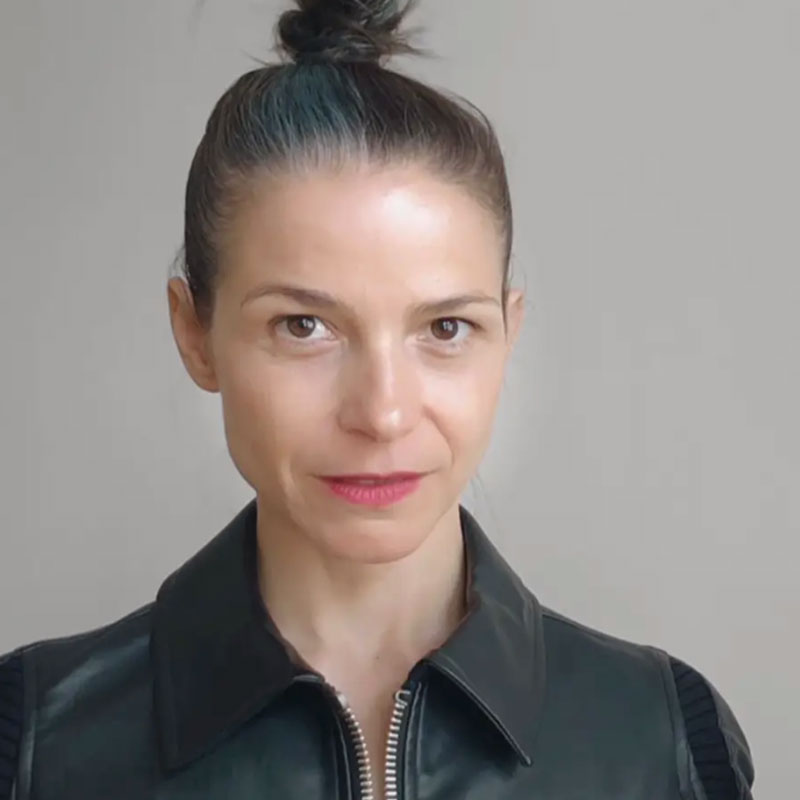“I’m interested in those who use voice as a tool to discover more about themselves.”
Indonesian musician Rully Shabara’s main interest as an artist and vocalist lies in exploring the human voice as a medium of creation, and human languages as material for experimentation. A boundary-pushing, genre-bending musician, Shabara has initiated many concept-driven projects centered on the voice’s malleability. This includes, for instance, navigating vocal range, textures, and spirituality in his collaborative project Senyawa (with Wukir Suryadi), or developing the ongoing language-driven band project Zoo. He has worked with notable international musicians and artists such as Keiji Haino, Stephen O‘Malley, Otomo Yoshihide, Rabih Beaini, Damo Suzuki, Bob Ostertag, Yoshida Tatsuya, and many more.

